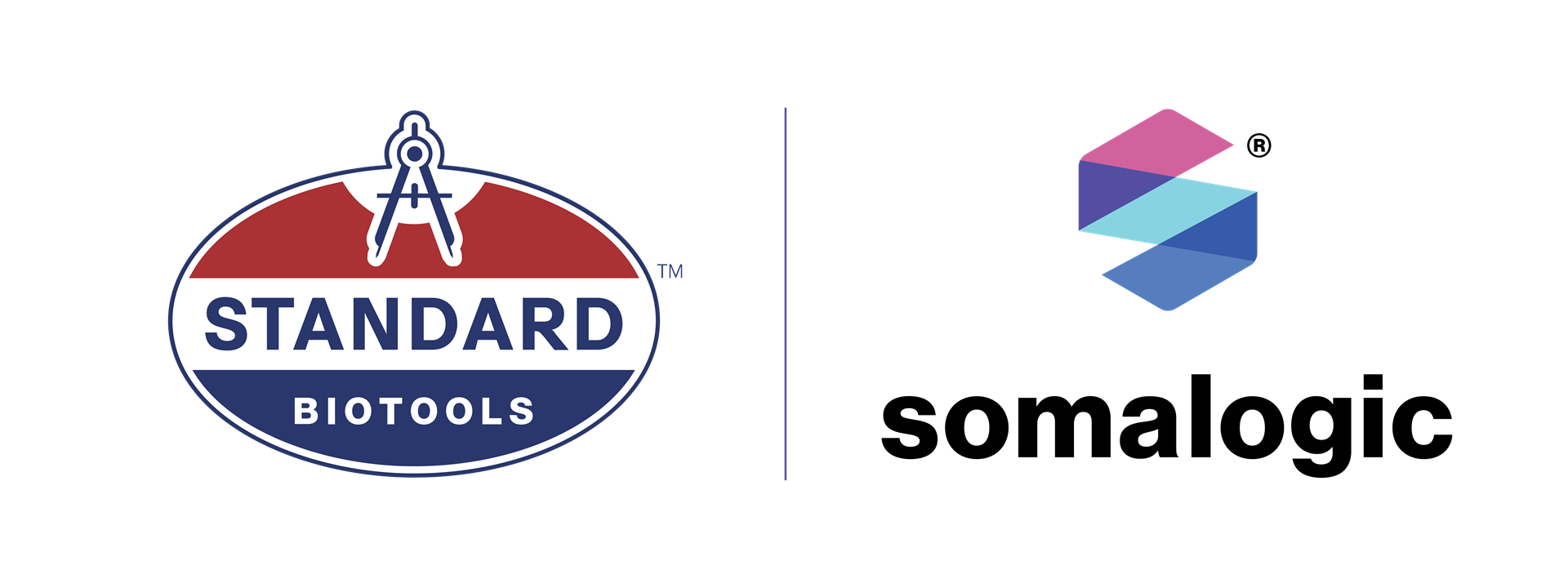|
HUPO Awards - 2016 Recipients |
Distinguished Achievement in Proteomic Sciences Award (Sponsored by the Journal of Proteome Research)
Ralph BradshawCollege of Medicine, University of California, USAProfessor Ralph Bradshaw is awarded the HUPO Distinguished Achievement in Proteomic Sciences Award for his true dedication to promoting protein and proteomics science. He has been one of the strongest proponents of HUPO and protein science throughout his distinguished career. He has worked tirelessly with the US Government to support HUPO from the very beginning and has supported both HUPO and US-HUPO continuously through the years. Through his efforts as Associate Editor of the Journal of Biological Chemistry and Co-Editor of Molecular and Cellular Proteomics, he has guided protein and proteomics research to be published with the highest degree of confidence and has set standards to ensure results are properly analyzed and reported. His distinguished career in protein science has helped many within HUPO to achieve their best and he has been a mentor to so many scientists within proteomics. Discovery in Proteomic Sciences Award
School of Medicine, University of Washington, USA Professor Michael MacCoss is awarded the HUPO Discovery in Proteomic Sciences Award for his developments in methodology and software for the quantitative analysis of complex protein mixtures. Prof. MacCoss and his research team have developed the software program Skyline, an application with a remarkable impact within the proteomics community, which has placed him as a leader in the field of quantitative proteomics. The focus of his lab is the development of high-throughput quantitative proteomic methods and their application to model organisms. During his post-doc he developed RelEx, one of the first tools to quantify proteins from stable isotope labeling experiments. His lab at the University of Washington has developed several widely used tools for quantitative proteomic analysis including Skyline, a free software package for the design and interpretation of targeted proteomics experiments. Translational Proteomics Award(Sponsored by Elsevier)
Joshua LaBaerBiodesign Institute, Arizona State University, USA Professor Joshua LaBaer is awarded the HUPO Translational Proteomics Award for his significant contribution to biomarker discovery and the use of clinical proteomics in personalized medicine. His group has developed novel protein microarray technologies, including the Nucleic Acid Programmable Protein Array (NAPPA) platform, which has been used extensively in biomedical research and biomarker discovery (e.g. breast cancer and diabetes). Science and Technology Award(Sponsored by the HUPO Industrial Advisory Board)
Bob Bateman and John HoyesWaters Corporation, Wilmslow, UK The IAB felt the nomination of Bob Bateman and John Hoyes of Waters for the development of the Q-TOF mass spectrometer was outshining any other nomination for this year’s HUPO Science and Technology Award. The history of the Q-TOF goes back to the mid 1990s, and Bateman and Hoyes played a key role in their development. The availability of a Q-TOF tandem MS instrument had tremendous influence on the development of proteomics in its early days, since this type of mass spectrometer coupled with a nanoLC provided unprecedented performance in analyzing a proteome. The Q-TOF design was subsequently adopted by other mass spectrometry companies and today a large variety of QTOF instruments exists. |


 Michael MacCoss
Michael MacCoss


.png)
















